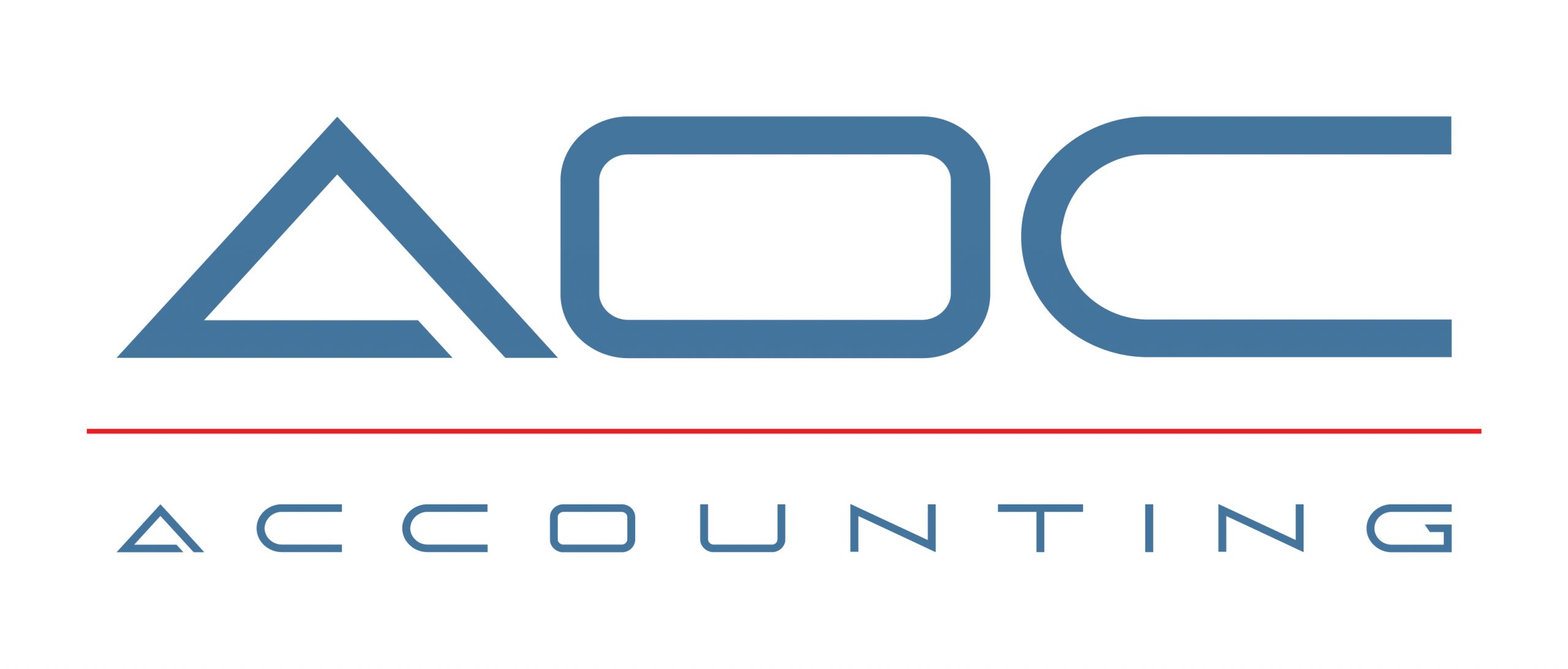Financial statements are the backbone of any successful business, regardless of size.
For small businesses, these documents are not just about compliance but serve as vital tools for decision-making, tracking growth, and identifying potential challenges.
Whether you’re a budding entrepreneur or a seasoned business owner, understanding your financial statements can make the difference between thriving and merely surviving.
What Are Financial Statements?
Financial statements are formal records of the financial activities and position of a business. For small businesses, the most common financial statements include:
- Income Statement (Profit and Loss Statement)
This statement shows the business’s revenue, expenses, and profit over a specific period. It helps you understand whether your business is profitable and identifies areas where costs might be reduced. - Balance Sheet
The balance sheet provides a snapshot of your business’s financial position at a specific point in time. It details your assets, liabilities, and equity, helping you understand what your business owns versus owes. - Cash Flow Statement
Cash flow statements track the flow of cash in and out of your business. This helps you ensure that you have enough cash on hand to cover expenses, even during lean periods.
Why Are Financial Statements Important for Small Businesses?
- Informed Decision-Making
Financial statements give you a clear picture of your business’s performance, enabling you to make data-driven decisions about expansion, investments, or cost-cutting measures. - Attracting Investors and Securing Loans
Potential investors and lenders will require a detailed view of your financial health before committing resources to your business. - Tax Compliance
Properly prepared financial statements make it easier to file accurate tax returns, minimizing the risk of audits or penalties. - Monitoring Growth
Tracking your financial statements over time allows you to measure your business’s growth and set realistic goals.
How to Prepare Financial Statements for Your Business
- Use Accounting Software
Investing in reliable accounting software simplifies the process and reduces the risk of errors. - Hire a Professional
If numbers aren’t your strong suit, consider working with an accountant or financial consultant to ensure your statements are accurate and compliant. - Stay Consistent
Regularly updating your financial records ensures that your statements are always ready when needed, whether for internal use or external reporting.
Take the Next Step in Managing Your Business Finances
Managing financial statements can seem daunting, but it doesn’t have to be.
With AOC.sg, you gain access to advanced, user-friendly cloud accounting solutions designed specifically for small businesses.
Here’s how AOC can transform your financial management:
- Easy Access & Real-Time Insights: Access your financial data anywhere, anytime, and make quick, informed decisions with real-time updates.
- Enhanced Security: Your financial data is protected with advanced security measures.
- Streamlined Operations: Automate bookkeeping tasks like journal approvals, supplier invoice management, and more.
- Customizable Reporting: Flexible analysis dimensions and instant report generation to meet your unique business needs.
- Cost-Efficient Solutions: Save time and minimize errors while focusing on growing your business.
Embrace the future of financial management today!
Explore how you can streamline your accounting processes, boost collaboration, and save costs effortlessly.
👉 Get started with Accounting on Cloud today and experience the power of secure, scalable, and efficient cloud accounting.
Transform the way you manage your business finances—because your time is better spent building your business, not balancing books!
